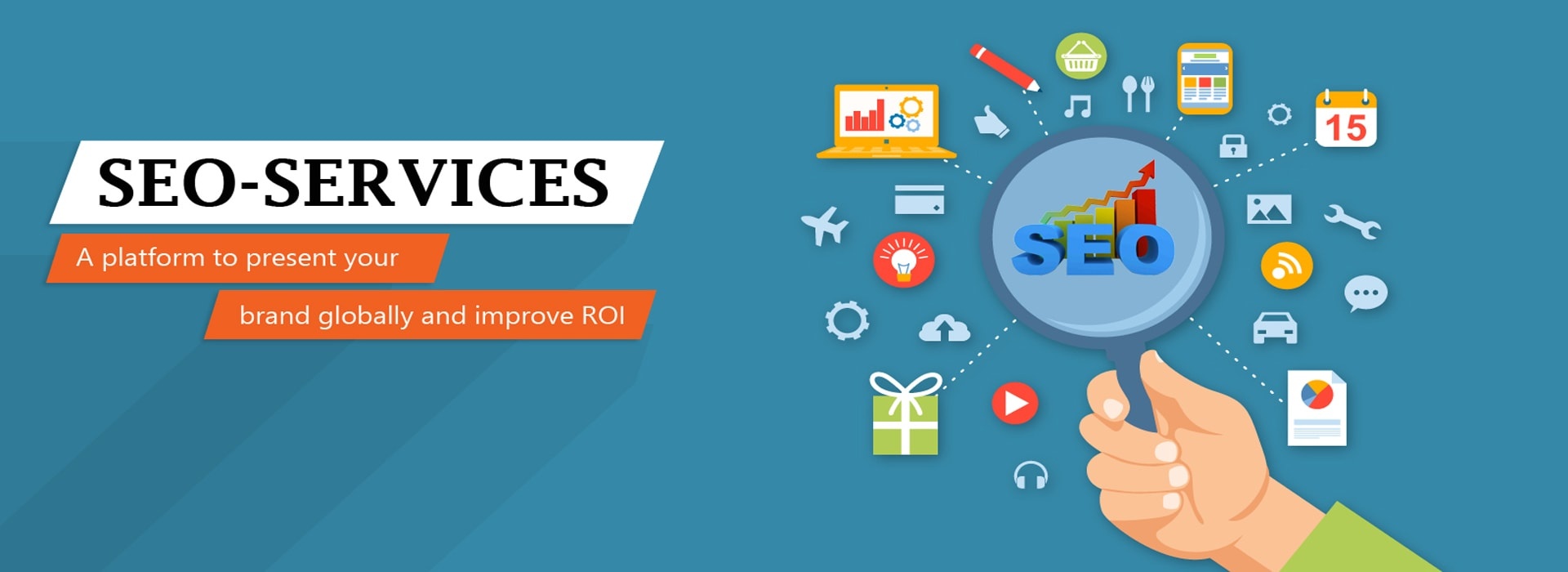SEO, or Search Engine Optimization, is the practice of enhancing the quantity and quality of traffic to a website through organic search engine results. In simpler terms, it’s about improving a website’s visibility on search engines like Google, Bing, or Yahoo, so that when people search for relevant topics or keywords, they are more likely to find your website.
SEO involves various strategies and techniques aimed at optimizing different aspects of a website, including its content, structure, and performance, to make it more appealing to search engines. Some key components of SEO include:
Importance of SEO
- Keyword Research: Understanding the terms and phrases people use when searching for information related to your website’s content. This helps in creating content that matches what your audience is looking for.
- On-Page Optimization: Optimizing individual pages of your website, including the use of relevant keywords in titles, headings, meta descriptions, and content, as well as improving site speed, mobile-friendliness, and user experience.
- Off-Page Optimization: Building backlinks from other reputable websites to improve your site’s authority and credibility in the eyes of search engines. This can be done through content marketing, social media engagement, and outreach efforts.
- Technical SEO: Ensuring that your website is accessible to search engine crawlers and is optimized for indexing and ranking. This includes aspects such as site structure, URL structure, sitemap creation, and fixing technical issues that may hinder search engine visibility.
- Content Creation: Developing high-quality, relevant, and engaging content that addresses the needs and interests of your target audience. This not only attracts visitors but also encourages them to stay longer on your site, reducing bounce rates and improving search rankings.
- Analytics and Monitoring: Tracking and analyzing website performance using tools like Google Analytics and Google Search Console to measure the effectiveness of your SEO efforts, identify areas for improvement, and make data-driven decisions.
Overall, SEO is an ongoing process that requires continuous effort and adaptation to keep up with changes in search engine algorithms and user behavior. However, when done effectively, it can significantly increase organic traffic, improve online visibility, and drive business growth.
SEO is critically important for several reasons:
Importance of SEO
- Increased Visibility and Traffic: The primary goal of SEO is to improve a website’s visibility in search engine results pages (SERPs). When your website ranks higher for relevant keywords, it’s more likely to be seen by potential visitors, leading to increased organic traffic.
- Credibility and Trust: Websites that appear at the top of search results are often perceived as more credible and trustworthy by users. By implementing SEO best practices, you can enhance your website’s authority and reputation, establishing trust with both users and search engines.
- Better User Experience: Many aspects of SEO, such as optimizing site speed, improving mobile responsiveness, and organizing content, contribute to a better overall user experience. When users have a positive experience on your website, they are more likely to engage with your content and return in the future.
- Higher Conversion Rates: SEO is not just about driving traffic to your site; it’s also about attracting the right kind of traffic. By targeting relevant keywords and optimizing your content for user intent, you can attract visitors who are more likely to convert into leads or customers.
- Cost-Effectiveness: Compared to paid advertising, SEO can provide long-term benefits at a lower cost. While it requires an investment of time and resources upfront, the results of SEO efforts can continue to pay off over time, providing a high return on investment (ROI).
- Competitive Advantage: In today’s digital landscape, most businesses have an online presence, and competition for visibility is fierce. By investing in SEO, you can gain a competitive advantage by outranking your competitors in search results and attracting more potential customers to your website.
- Adaptability and Longevity: Unlike some marketing tactics that may become outdated or ineffective over time, SEO is constantly evolving but remains a fundamental aspect of online marketing. By staying up-to-date with industry trends and algorithm changes, you can ensure that your website remains relevant and competitive in the long run.
Overall, SEO is essential for any business or website that wants to succeed online. It helps improve visibility, credibility, user experience, and ultimately, business growth.
SEO offers numerous benefits for businesses and websites:
Benefits Of SEO
- Increased Visibility and Traffic: By optimizing your website for search engines, you can improve its visibility in search results. This means more people are likely to discover your website when searching for relevant keywords or phrases, leading to increased organic traffic.
- Enhanced User Experience: SEO involves optimizing various aspects of your website, such as improving site speed, mobile responsiveness, and navigation. These optimizations not only help search engines understand your site better but also create a better user experience for visitors.
- Higher Conversion Rates: When your website ranks higher in search results for relevant keywords, you attract more targeted traffic. This means visitors are more likely to be interested in your products or services, leading to higher conversion rates and sales.
- Builds Credibility and Trust: Websites that rank high in search results are often perceived as more credible and trustworthy by users. By appearing at the top of search results, you can establish your authority in your industry and build trust with potential customers.
- Cost-Effectiveness: Compared to traditional advertising methods, SEO can be a cost-effective way to attract traffic to your website. Once your site is optimized and ranking well, you can continue to generate organic traffic without ongoing advertising costs.
- Long-Term Results: While SEO requires time and effort to see results, the benefits can be long-lasting. Unlike paid advertising, which stops generating traffic as soon as you stop paying, SEO can continue to drive organic traffic to your website over time.
- Competitive Advantage: In today’s competitive online landscape, SEO can give you an edge over your competitors. By ranking higher in search results, you can attract more traffic and customers than competitors who are not optimized for search engines.
- Measurable Results: With tools like Google Analytics and Google Search Console, you can track the performance of your SEO efforts and measure the impact on your website’s traffic, rankings, and conversions. This allows you to make data-driven decisions and optimize your strategy for better results.
Overall, SEO is a valuable investment for businesses looking to improve their online presence, attract more traffic, and grow their revenue. It offers a range of benefits that can help businesses of all sizes succeed in the digital marketplace.


